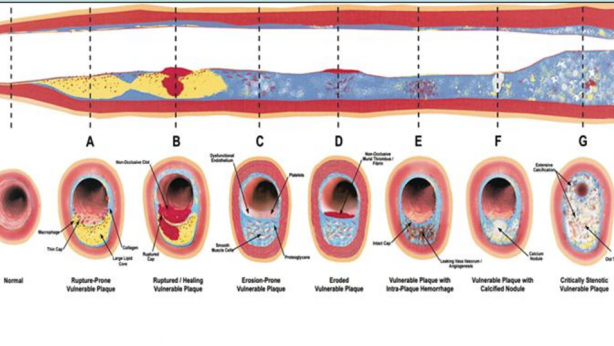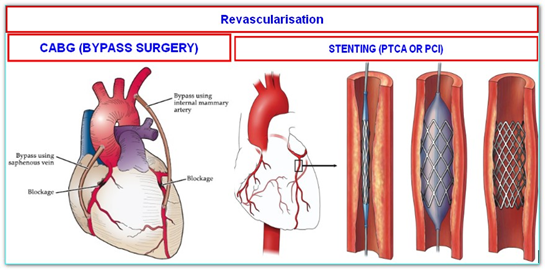Stress and Stress Management ~by Bindu Vyas
“Stress is a leading cause of many health conditions, and our research clearly shows we can improve our own health outcomes by reducing stress through self-care,” – Gregory L. Fricchione, MD, Director, BHI for Mind Body Medicine at Massachusetts General Hospital
More than 18 months into the coronavirus pandemic Americans are uncertain about what the post pandemic life would be like. Daily risk assessment, overturned routines and constant news on the COVID19 is the current reality of life.
The American Psychological Association has just released the results of its 2021 Stress in America survey. Among the findings: As a result of stress, three-quarters of U.S. adults (74%) have experienced various impacts such as headaches, feeling overwhelmed, fatigue, or changes in sleeping habits. Younger adults and parents were more likely to report this, with 86% of millennials reporting impacts of stress, closely followed by Gen Z adults (84%) and Gen Xers (77%); only 59% of boomers and 57% of older adults said the same. Parents were also more likely than non-parents to report experiencing impacts of stress (83% vs. 69%).
Formally defined, stress is an individual’s physiological and emotional response to external stimuli that place physical or psychological demands on the individual and create uncertainty and lack of personal control when important outcomes are at stake. We are living in stressful times. Americans are concerned and stressed about work, money, the economy, family responsibility, personal health concerns, health problems affecting family, relationships, and housing costs. All sources of stress remain higher than pre-pandemic levels. The economy, housing costs, personal safely and discrimination has seen more dramatic spikes.
In January 2020 not knowing what was coming our way and how important it would be to know how to reduce stress and stay calm I enrolled in the Positivity and Relaxation Training (PART), certification course at the Benson-Henry Institute for Mind Body Medicine at the Massachusetts General Hospital. This was an attempt to deepen my understanding of positive mind set and its impact on health and wellness. The course teaches how to elicit the relaxation response. The relaxation response is meant to counter the stress (or “fight or flight”) response.
The fight-or-flight response evolved as a survival mechanism. When we encounter a life-threatening situation, a surge of stress hormones prepares us to fight or to flee. As a result, our hearts pound, our muscles tense, and we are suddenly on high alert. Unfortunately, people tend to activate the fight-or-flight response multiple times during a typical day, usually because of situations that are annoying and stressful, but not life threatening. These include traffic jams, long lines in the grocery store, or project deadlines. But all those surging stress hormones can take a toll on the body. Over time, such low-grade chronic stress can lead to high blood pressure, increased heart rate, and muscle tension.
The relaxation response may help people to counteract the toxic effects of chronic stress by slowing breathing rate, relaxing muscles, and reducing blood pressure.
So how exactly do you elicit the relaxation response? There is no single method that works for everyone, and it may take some practice before you find the method that is right for you. The Positivity and Relaxation Training course teaches a series of steps designed to slowly relax our bodies and minds. It works!
Given the times we live in, the relaxation response is worth trying. If nothing else, it’s easy to do, and you have little to lose in trying it out. Act now and pull the plug on stress:
* Know more about relaxation response, consider joining us for the one-hour free introductory workshop and
* Learn how to make relaxation response part of your life consider joining our 9-week Positivity and Relaxation Training course.
In the meantime, be happy, stay healthy and enjoy the season of holidays 😊
Bindu J. Vyas, Ph.D.
Educator, Lifestyle (Mind-Body) Medicine
Ph.D. Management and Global Business, YTT200, Positivity And Relaxation Training Certified (BHI for Mind Body Medicine at Massachusetts General Hospital)
Dr. Vyas is passionate about learning, teaching, and researching stress management for health and wellness. She has conducted workshops, seminars, and courses on Meditation. Positivity and Relaxation Training (PART) program. PART offers self-care and relaxation training and is proven to help participants develop skills to manage stress and cultivate a positive outlook, promote health, happiness, and wellbeing. (Detailed Bio Link)


